Unlocking Literacy Through Speech Therapy
Speech therapy plays a crucial role in developing literacy skills in children and adults by addressing underlying speech and language challenges. Early intervention, targeted strategies, and collaboration are essential in fostering effective communication and literacy proficiency, setting the stage for lifelong learning and success.
The Critical Role of Speech-Language Pathologists in Literacy Development
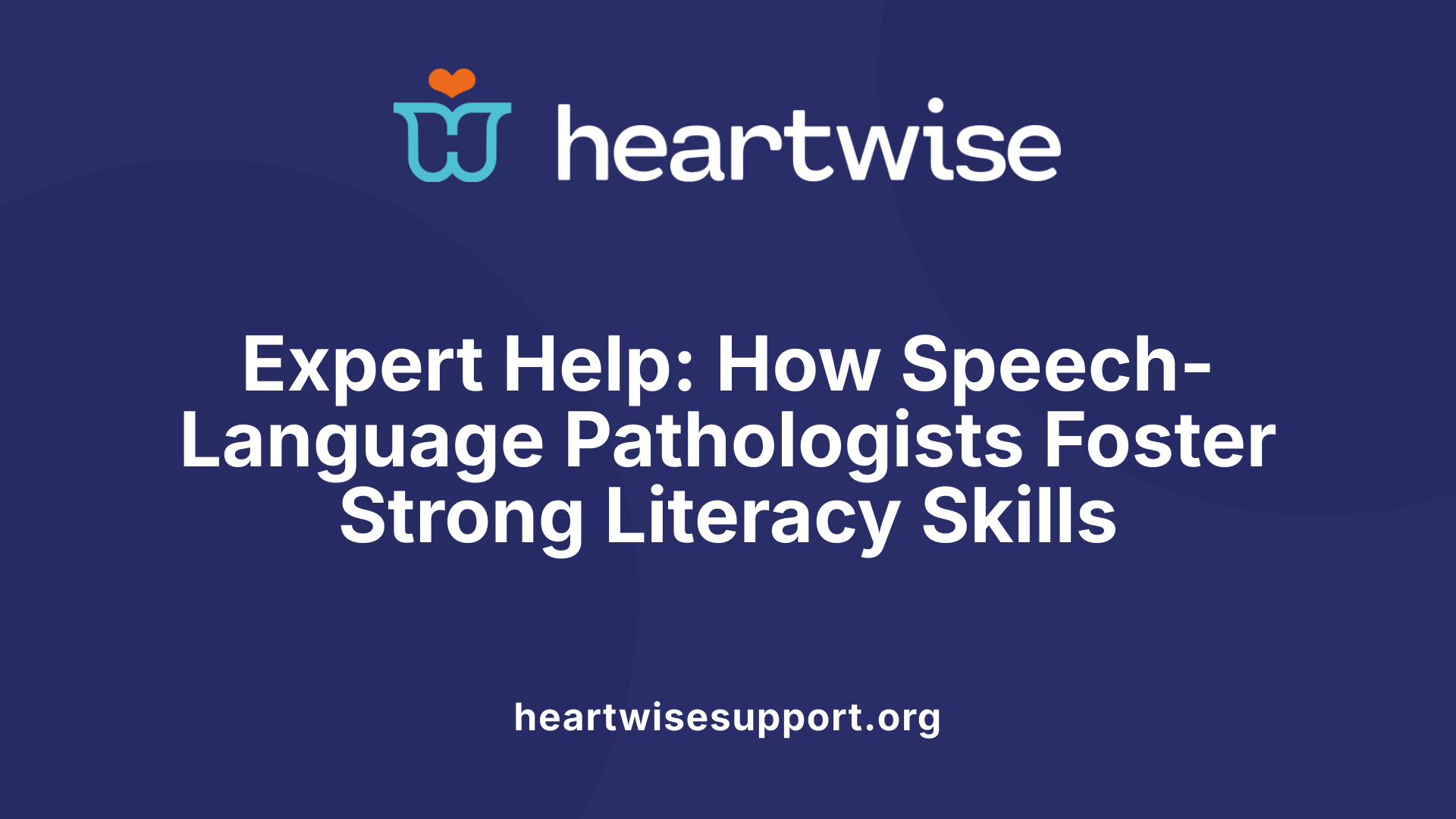
What is the role of speech-language pathologists in supporting literacy development?
Speech-language pathologists (SLPs) are essential contributors to building strong literacy skills in both children and adults. They assess and diagnose speech, language, and literacy difficulties, including problems with phonological awareness, vocabulary, grammar, and pragmatic language use. These foundational skills are critical for reading and writing success.
SLPs develop personalized intervention plans targeting specific literacy challenges. For example, they might teach phonological awareness through activities like rhyming, segmenting sounds, and blending, which are vital for decoding words. They also support language comprehension by using story retelling, graphic organizers, and inference exercises. This comprehensive approach helps learners strengthen both their decoding abilities and understanding of text.
Coordination with educators and families is a key aspect of an SLP's role. They work closely with teachers to tailor classroom strategies and literacy goals, ensuring that children receive consistent support across school and home environments. For adults, SLPs provide strategies to improve reading and writing at work and in everyday life, enhancing overall communication and literacy confidence.
Development of individualized intervention plans
SLPs create tailored programs that target each person's unique needs. These plans typically include activities to improve phonemic awareness for decoding, vocabulary expansion for comprehension, and syntax work for sentence structure. They also incorporate exercises to boost reading fluency, such as repeated reading and modeling fluent reading aloud.
For children with speech sound disorders or language delays, therapy may focus on strengthening speech production, vocabulary, and narrative skills, which directly impact their ability to understand and produce written language. Early intervention is emphasized because it significantly enhances literacy outcomes and reduces the risk of ongoing reading difficulties.
Collaboration with educators and families
To maximize effectiveness, SLPs often collaborate with teachers and parents. They provide training on activities that can be done at home, like shared reading and vocabulary games, to support literacy growth. In classrooms, SLPs might help implement literacy-rich strategies and adapt materials for learners with specific speech or language needs.
This teamwork creates a supportive environment where literacy skills are reinforced in multiple settings, leading to better academic success and lifelong literacy skills.
Prevention and early intervention strategies
SLPs play a proactive role in preventing reading difficulties by identifying early signs of speech and language delays. Conducting thorough assessments helps detect issues that could interfere with literacy development, such as phonological deficits or limited vocabulary.
Early intervention through targeted therapy addresses these foundational challenges before they become more significant reading problems. This might involve engaging children in phonemic awareness activities or storytelling exercises that develop language structures and comprehension.
In summary, speech-language pathologists are integral to literacy development by providing assessment, tailored interventions, and collaborative support. Their efforts foster stronger communication skills, prevent future reading struggles, and enhance overall academic achievement across all age groups.
Connecting Speech Therapy and Literacy Skills
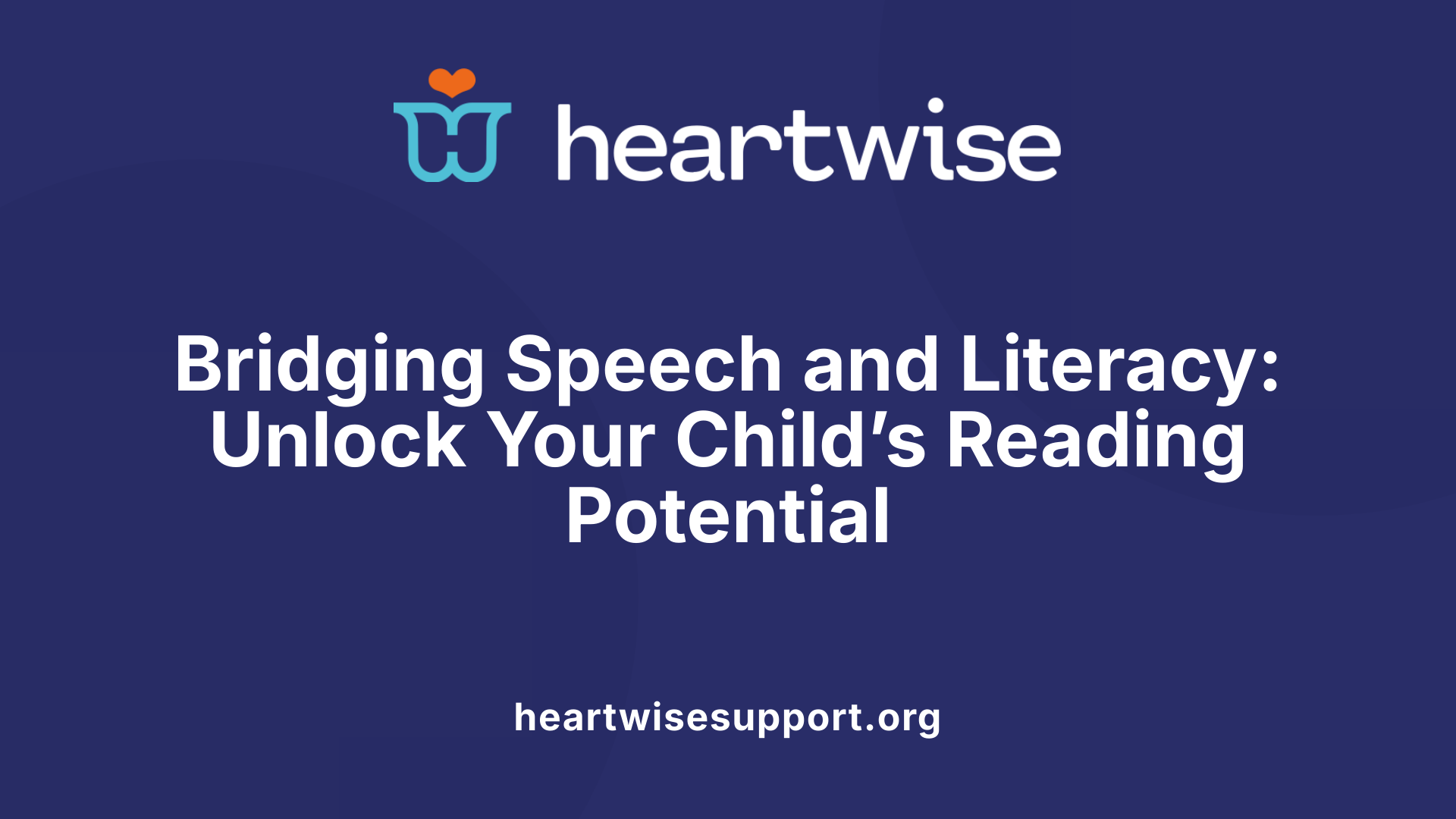
How are speech therapy and literacy skills connected?
Speech therapy has a significant role in developing literacy skills because it targets the fundamental speech and language abilities necessary for reading and writing. Speech-language pathologists (SLPs) work to improve skills such as phonemic awareness—recognizing and manipulating individual sounds in words—which forms the basis for decoding words during reading.
In addition, SLPs address phonological processing, vocabulary development, syntax, and comprehension, all of which are critical for understanding and integrating written material. Their deep knowledge of communication disorders, including speech sound difficulties and language delays, allows them to create tailored interventions that support literacy growth.
Early intervention through speech therapy helps children build these foundational skills, enabling a smoother transition into reading and writing tasks. Not only does this improve decoding and spelling abilities, but it also enhances understanding and interpretation of texts.
By focusing on language systems like morphology and syntax, SLPs help children grasp how words are structured, which is vital for both reading comprehension and written expression. Integrating speech therapy into literacy development creates a comprehensive approach that boosts overall communication skills.
This interconnected process demonstrates how addressing speech and language issues can prevent or minimize future literacy difficulties. As a result, children equipped with strong speech and language skills are more likely to become confident, capable readers and writers, setting a foundation for lifelong learning and communication success.
Strategies and Approaches in Speech Therapy to Support Literacy
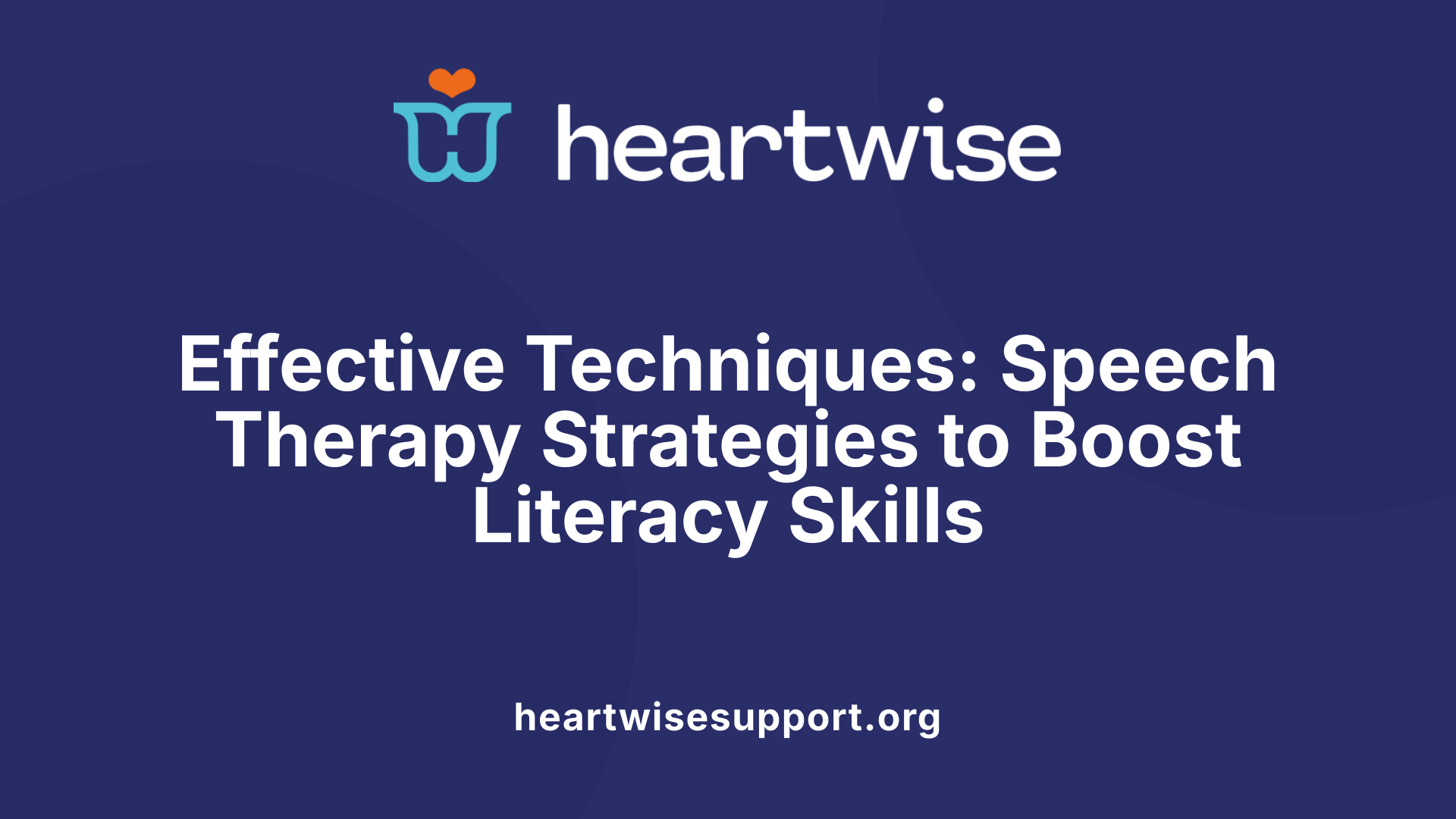
What strategies do speech therapists use to support literacy development?
Speech-language pathologists (SLPs) employ a variety of techniques to strengthen literacy skills, focusing on the interconnected areas of speech and language. One foundational approach involves enhancing phonological awareness, which includes activities such as rhyming, syllable segmentation, and blending sounds into words. These tasks help children recognize and manipulate sounds in spoken language, a critical step for decoding words during reading.
In addition, orthographic instruction plays a vital role. SLPs introduce spelling patterns and orthographic rules, helping learners understand how sounds relate to written symbols. This reinforces decoding skills and aids in spelling proficiency.
Vocabulary and morphological development are also emphasized. Through targeted activities, children expand their word knowledge and understanding of word parts, which supports comprehension and vocabulary acquisition.
Reading comprehension strategies, such as asking questions, retelling stories, and making inferences, are integrated into therapy sessions. These techniques help children understand and interpret texts more effectively.
To make learning engaging, SLPs incorporate visual aids, images, and multisensory activities like clapping or tapping syllables. These methods help solidify understanding and maintain motivation.
Collaboration is central to success. Speech therapists work closely with teachers, parents, and other specialists to develop tailored interventions, monitor progress, and integrate literacy goals with broader language development.
By combining these approaches, SLPs foster the underlying skills necessary for reading and writing, laying a strong foundation for lifelong literacy and academic achievement.
The Importance of Early Literacy Intervention
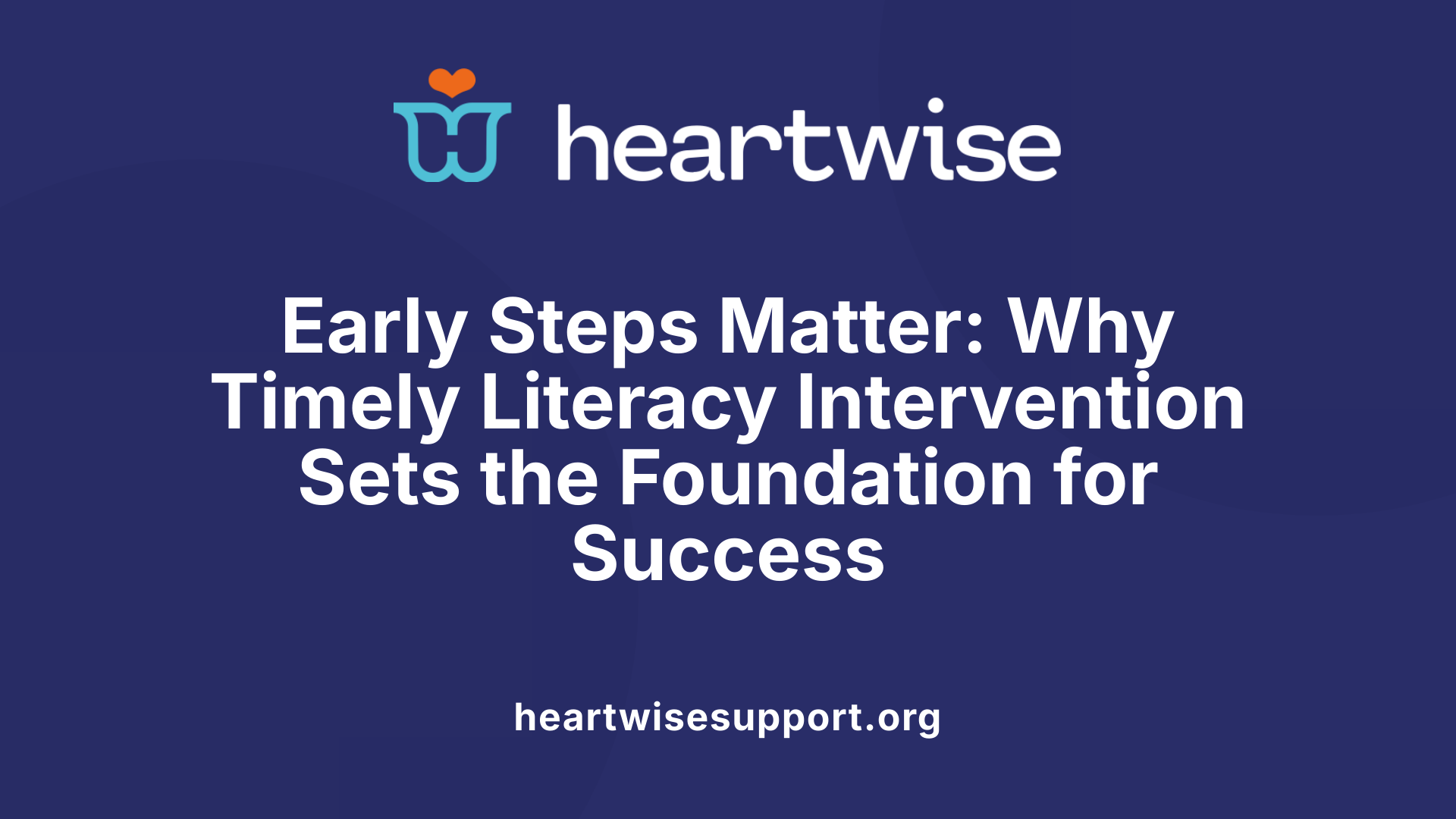
Why is early intervention important for developing literacy skills?
Early intervention plays a vital role in shaping a child's future reading and writing abilities. When speech and language delays are identified early, speech-language pathologists (SLPs) can provide targeted strategies to strengthen foundational skills such as phonological awareness, vocabulary, and syntax. These skills are essential for decoding words and understanding text.
Implementing evidence-based practices in kindergarten and early grades, like phonemic awareness exercises and story retelling, enables children to grasp literacy concepts more efficiently. This proactive approach reduces the chances of persistent reading difficulties later on.
Research indicates that children who receive early support tend to demonstrate better reading comprehension, fluency, and confidence. It also helps prevent long-term academic challenges, behavioral issues, and social concerns linked to literacy struggles.
Furthermore, addressing language problems early supports overall communication, which is closely connected with academic success. This early focus provides children with a strong academic foundation, fostering qualities like motivation and resilience.
Timelines for intervention during kindergarten and early grades
The optimal window for literacy intervention is during kindergarten and the early elementary years. During these stages, children are developing critical skills such as letter-sound correspondence and vocabulary. SLPs and educators emphasize early screening to catch delays before they become entrenched.
Benefits of early intervention for reading success
Early literacy support leads to a cascade of positive outcomes:
- Improved decoding and comprehension skills
- Increased reading fluency
- Greater confidence and motivation
- Fewer academic setbacks
Prevention of long-term reading difficulties
By intervening early, many potential learning hurdles can be bypassed. Children learn to read more successfully when foundational speech and language skills are strengthened at a young age. This proactive measure ultimately reduces the need for intensive remedial programs later in school.
Early literacy activities and recommended practices
Effective early literacy activities include:
- Rhyming and syllable segmentation games
- Shared reading and storytelling
- Phonemic awareness exercises
- Use of graphic organizers for comprehension
Incorporating these practices into daily routines helps young learners develop essential skills early on, setting them on a path for lifelong literacy success.
Resources and Support for Parents and Caregivers
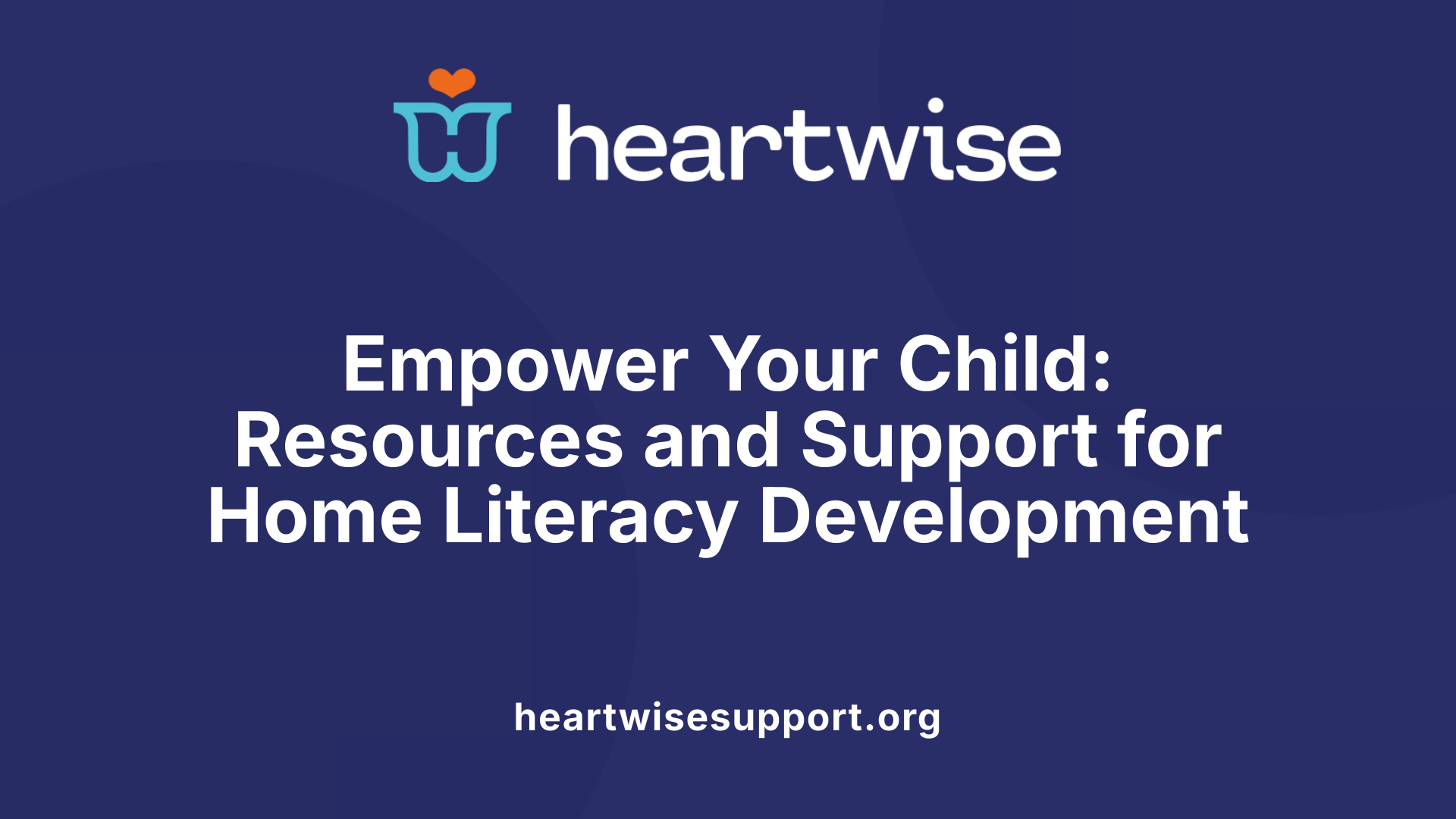 Supporting literacy development at home is a crucial part of fostering children's language and reading skills. Parents and caregivers can access various resources, including evidence-based activities and guides, to reinforce what children learn during speech therapy sessions.
Supporting literacy development at home is a crucial part of fostering children's language and reading skills. Parents and caregivers can access various resources, including evidence-based activities and guides, to reinforce what children learn during speech therapy sessions.
Many reputable websites offer manuals and curriculum guides focusing on phonological awareness, phonics, vocabulary, and comprehension. These resources often include practical activities such as rhyming games, story retelling, and writing exercises that can be integrated into daily routines.
Programs like Reach Out and Read play a significant role in encouraging early literacy. Pediatricians frequently recommend shared reading from birth, modeling positive reading habits, and engaging children in stories to boost vocabulary and comprehension.
Specialized resources are also available for children with unique needs. These materials support inclusive early intervention, helping children with speech and language delays develop foundational literacy skills.
There are many helpful guides and videos from experts like Dr. Kilpatrick and Dr. Murray, as well as organizations such as the Florida Center for Reading Research. These provide strategies for assessment and intervention, making it easier for parents to support their child's progress.
In addition, community programs and local libraries can be valuable sources of books, storytime sessions, and parent workshops.
The following table summarizes some common resources and activities:
| Resource/Activity | Description | Benefits |
|---|---|---|
| NJ Dyslexia Handbook | Guidance on recognizing and supporting dyslexia and decoding skills | Helps identify early signs of reading issues |
| Expert led Videos (e.g., Dr. Kilpatrick, Dr. Murray) | Instructional videos on literacy strategies | Provides expert advice easily accessible |
| Florida Center for Reading Research | Materials on early literacy assessment and intervention | Supports evidence-based practices |
| Reach Out and Read | Program encouraging pediatric reading routines | Fosters love for reading from a young age |
| Rhyming and Storytelling Games | Fun activities to develop phonological awareness | Enhances sound recognition and language |
Encouraging regular reading routines, engaging in storytelling, and incorporating literacy activities can significantly boost children's confidence and skill development. Collaborating with speech-language pathologists and educators ensures a comprehensive support system for children's literacy journey.
Supporting Lifelong Literacy with Speech-Language Expertise
Incorporating speech therapy into literacy development is vital for nurturing competent readers and writers. From early intervention to targeted strategies and collaborative efforts among teachers, speech-language pathologists, and families, children gain the foundational skills necessary for academic success and lifelong communication. By utilizing a variety of evidence-based approaches and resources, we can ensure that every individual has the opportunity to reach their full literacy potential, ultimately transforming their educational journey and personal growth.
References
- Reading and Writing (Literacy) - ASHA
- How to Support Literacy Skills in Speech Therapy - The Digital SLP
- Literacy Resource Page - Speech And Language Kids
- Literacy and Language Development: The Connection Between ...
- Learning About Literacy: SLPs Play Key Role in Reading, Writing
- How Speech Therapy can Help Remediate Reading - TherapyWorks
- Speech Therapy and Literacy: How They're Connected
- Can Speech and Language Therapy Help Improve Literacy Skills?











